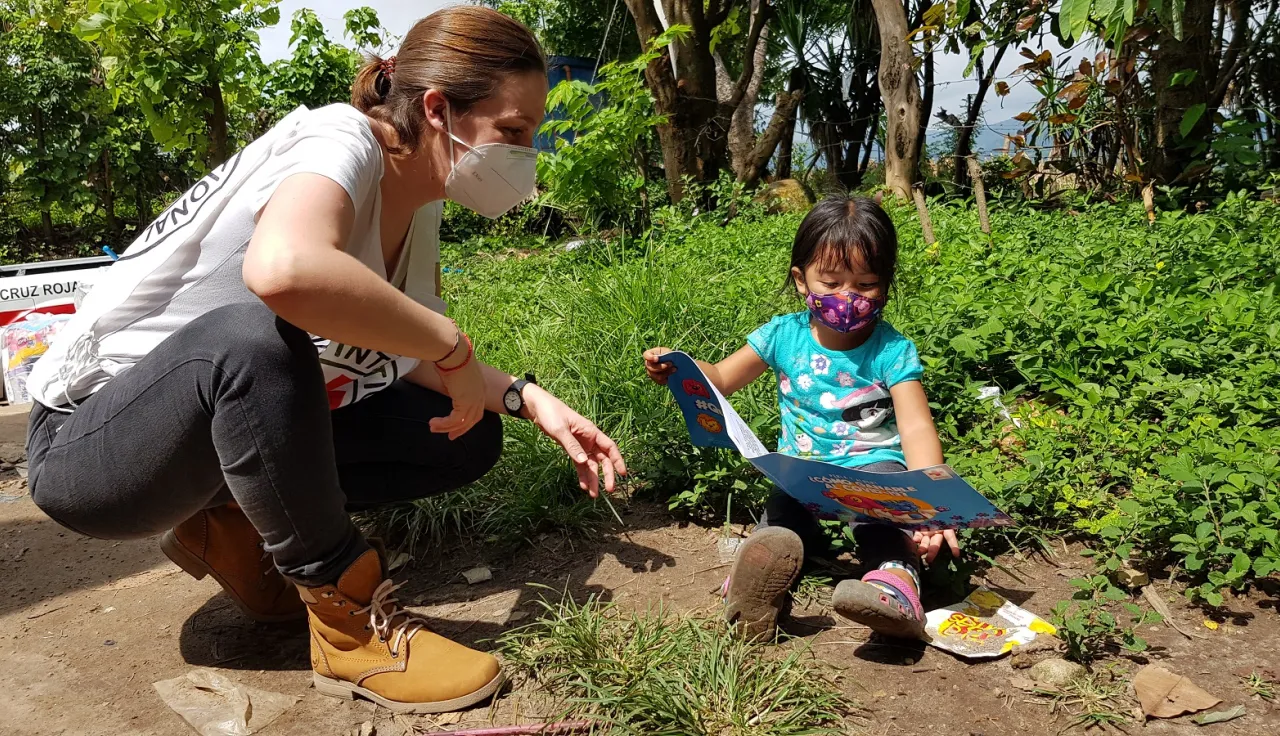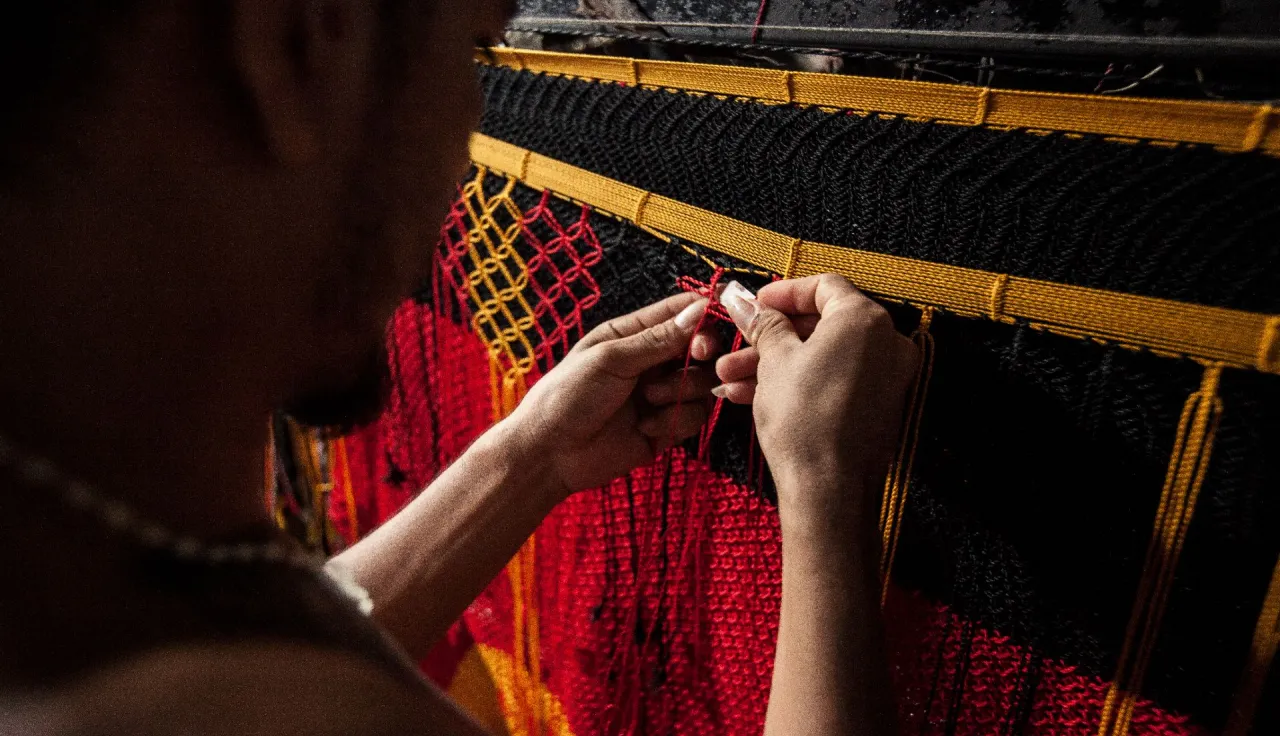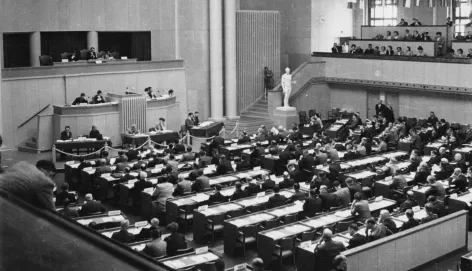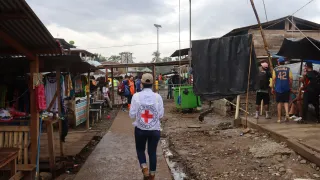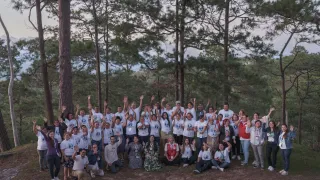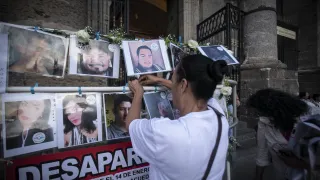Our work in El Salvador
The ICRC maintained a constant presence in El Salvador during the internal armed conflict, which lasted from 1980 to 1993. In April 2012, we reopened our office in the country to protect and help the victims of armed violence, including migrants, displaced people, the missing and their families and communities affected by violence. We also visit some places of detention in the country and provide advice and technical support to the prison authorities.
The ICRC works with the Salvadorean Red Cross Society to help migrants restore and maintain contact with their loved ones through free phone calls and Red Cross messages under its Restoring Family Links (RFL) programme.
As part of its humanitarian work, the ICRC advises the authorities on assisting the families of missing people and provides training in forensic identification for government institutions working in this field. We also provide recommendations to help prevent people going missing and promote the use of standard information protocols. We support families that have set up committees together to search for loved ones who have gone missing as a result of migration or violence.
The ICRC’s work is strictly humanitarian and guided at all times by the Fundamental Principles of neutrality, impartiality and independence.
ICRC offices supporting the region: Our work in El Salvador is supported by our regional delegation in Mexico, which also covers Honduras, Guatemala, Panama, Costa Rica and Belize.

